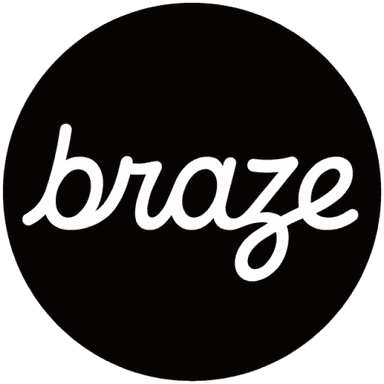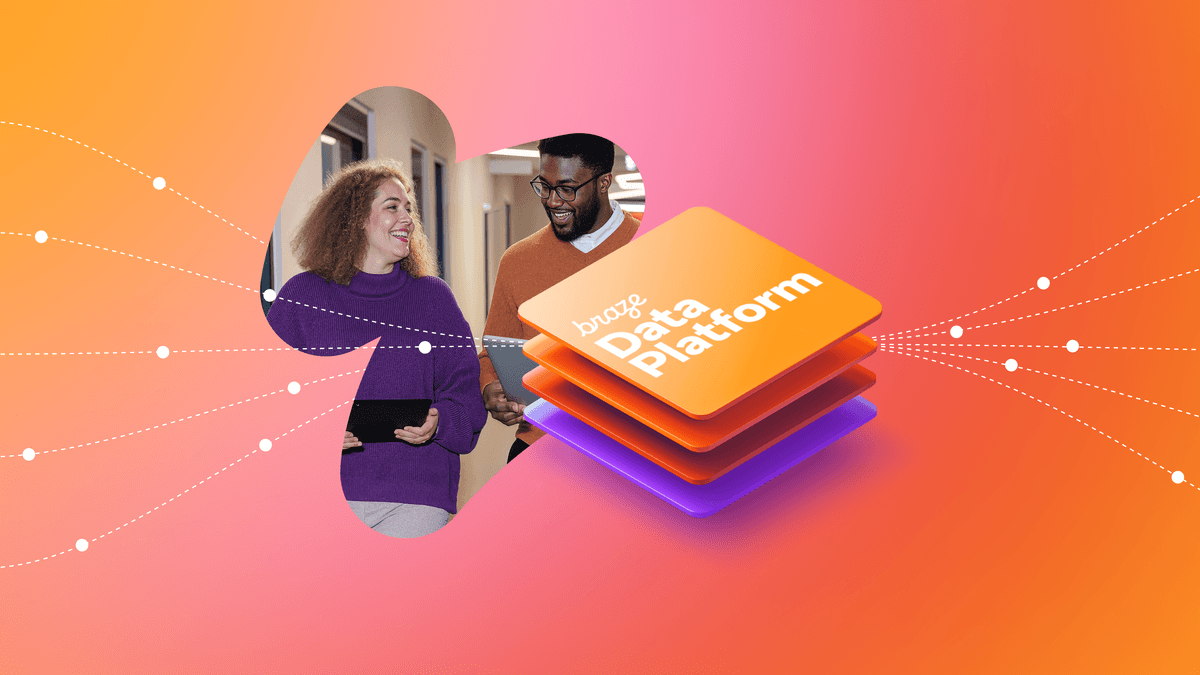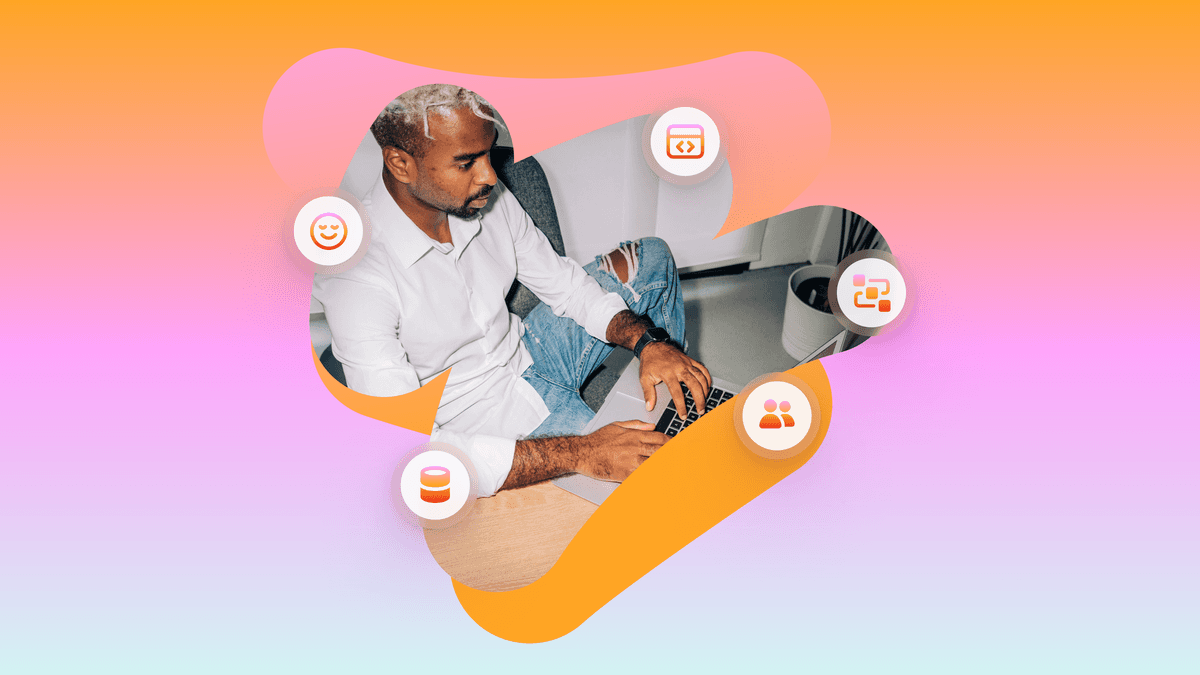GetYourGuide on the Travel Industry’s Road to Recovery
Published on July 16, 2021/Last edited on July 16, 2021/7 min read


Team Braze
Travel and hospitality was one of the worst hit industries by COVID-19. While there are signs of a rebound happening with vaccines being rolled out, and lockdown rules easing, it could take years before travel returns to pre-pandemic levels. As we head down this road to recovery, having a consistent and clear customer engagement plan will be crucial for travel brands. Our President and CCO, Myles Kleeger, recently chatted with Krzysztof Szymanski, CRM Lead at GetYourGuide for his “Customer Conversations” series on Linkedin Live, to understand how the impact of COVID-19 on travel will shape the industry, lessons learned from a year of fast paced change, and why GetYourGuide is poised to emerge stronger than ever.
This is an edited version of the conversation.
Thanks for joining us today Krzysztof! Can you start off by telling us a little about yourself, GetYourGuide and your role there?
Sure! GetYourGuide is an online marketplace for travel activities. I’ve been at the company for about a year and a half and am responsible for all CRM and retention related topics. Prior to GetYourGuide I spent over five years at a venture capital company. We didn’t just invest money in our portfolio companies, but also operational support. For me, it was a great school for CRM and engagement for me because in a relatively short time I had access to so many different business models, tools, and challenges that companies were coming up with.
That’s great. Being in the unique position of working on CRM across all the different portfolio companies, what would you say are the most universally true concepts of CRM that might apply to any industry?
Focus on your first-time customers. If you want to build a sustainable business this conversion from first time to second timers is crucial. Most companies understand this, but many don’t spend enough time to maximize the impact there. The reason is because acquisition is still relatively cheap, and companies tend to focus on retention later on. From the very beginning it’s important to remember that the customers you acquire once, you should be doing everything in your power to keep.
What are you seeing from your data in terms of consumer perceptions around health and safety, and willingness to take risks when it comes to travel?
Yeah, that’s a huge topic for us. Currently there is a higher percentage of people willing to take risks but there are certain barriers that are hard to overcome including uncertainty around government regulations and lockdowns. We’ve done the research around the biggest barriers from traveling - the top answers are they are concerned about being quarantined, the moment that they arrive somewhere the rules will change and they will be forced to spend time quarantined or stuck at a certain location. Since travel is not necessarily something that you have to do, then people decide to do something closer or more certain. I think this will be the case even as we move towards recovery.
Before the fear of getting sick was one of the top concerns about traveling, depending on the demographic of travelers. Now, with Europe catching up on vaccinations, the fear of getting sick has decreased and the question is more about “will I be able to fully enjoy this experience?”
In our recent travel report, we found that “health and safety” was the most important factor travelers considered when selecting a travel company. In fact, travelers were even willing to purchase tickets that were on average 28% more expensive than the cheapest option to ensure safety. I was surprised to see that travelers were willing to pay such a premium on this. Have you seen anything that indicates similar behavior in your customer base?
Definitely. Price has always been an important factor, but right now travelers are way more focused on not just health and safety but flexibility. Right now if you talk to airlines they are likely selling way more tickets with flexible options or free cancellation fees. Due to COVID we have also had to introduce changes to our products and offerings. Before the pandemic we did not have a unified cancellation policy, it was different for each trip booked. We’ve changed that to a 24 hour cancellation policy across the board, no questions asked. This was important for us to really provide the best customer experience and strengthen customer relationships.
Take me back to March 2020 and the initial wave of COVID lockdowns. From a travel perspective things essentially changed overnight. How did you and the company react to that?
I joined GetYourGuide in December 2019, just about three months before the pandemic hit. I think in two or three years, looking back at that time and the huge challenge that was put in front of me to build a retention strategy for a travel company in the midst of a pandemic, I will understand what a great experience it was. However at the moment, it definitely didn’t feel like it.
Everything was changing so quickly. However, as a company we had a few principles that we felt strongly about that guided us throughout this period. We knew we couldn’t encourage customers to travel right now, so how do we make use of our network of travel guides and resources to bring this travel experience to people’s living rooms? That’s when we launched The World at Home campaign, where customers could join virtual activities—bringing our top tours and attractions to customers—even while travel was limited.
We also took that time to invest in the future and think about how to improve our product and improve how we engage with customers. It was definitely a challenging time to keep engagement high, but that is when Braze technology really came into play. The platform really helped us build segments based on past engagement and adjust the frequency of messages. A lot of these strategies and improvements we will continue to carry on even as we see the industry start to rebound.
Unsurprisingly, traffic numbers in the past year plunged, especially when we were in full lockdown. More recently we’ve seen both session data and purchases have increased substantially. In April there was an interesting dichotomy where fewer people were visiting but more people making purchases. Are you seeing any patterns like that, and why do you think that is the case?
Definitely. We have seen a trend where travelers are spending more on trips because of the decrease in the frequency. COVID also shifted the type of experiences travelers want. Travelers are avoiding crowded indoor attractions like the Louvre of Eiffel Tower. Instead I think we are going to see more of an interest in experiences with smaller groups that are outdoors and adventurous. Oftentimes these activities are more expensive and another reason behind why travelers are willing to spend more.
Final question. What are your top learnings from the pandemic that will stick with you as a CRM practitioner as a new way of operating?
Things that were good enough pre-pandemic—including the levels of personalization and automation—may no longer be good enough. Many companies, especially travel companies, have had to set the bar higher to catch the attention and focus more on helping travelers plan incredible experiences or add value to their trip. Something I’m challenging myself on ensuring that we keep the same level of customer obsession post-pandemic. I really believe that an increase in COV is just a natural consequence of how good as a biz you are in building a healthy strong relationship with customers. You can’t only do that through your product, but by prioritizing the overall customer experience.
I couldn’t agree more, and that’s very well said. With that, thank you so much for your time and your insights.
Related Tags
Be Absolutely Engaging.™
Sign up for regular updates from Braze.






